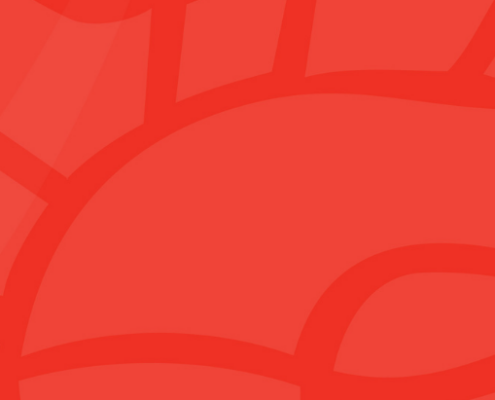Powering Potential in B.C. Communities
The BC Games have always been more than four days of sport and community celebration. Since their inception in 1978, the Games have created legacies of both human performance and sport investment.
In 2017, the BC Games Society created the Powering Potential Fund (PPF) as a vehicle to strategically invest in projects that further the development of athletes, teams, sport organizations and communities in B.C. PPF initiatives are a unique catalyst for growth, for enhancing the community spirit, and re-investing in communities which give so much time, energy, and care to host B.C.’s best young athletes, coaches, and officials.

